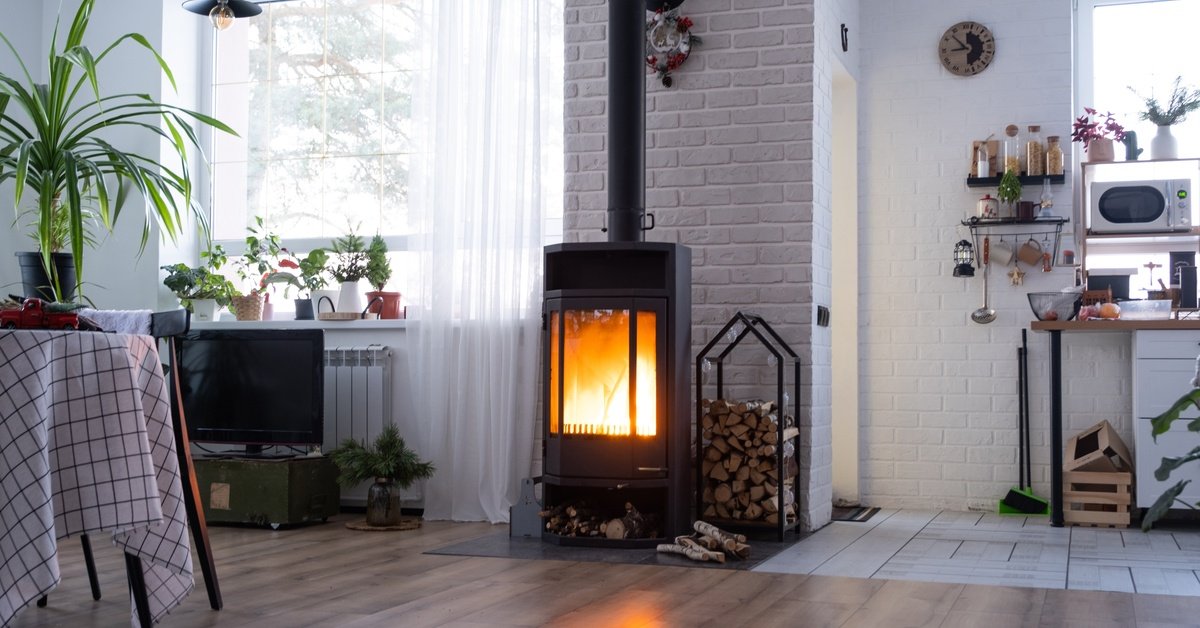What Landlords Should Know About Rentals With Fireplaces
When you’re a landlord, a fireplace can be a fantastic feature that attracts tenants. It adds a cozy, appealing touch to any rental property. In fact, many renters actively seek out homes with fireplaces for their warmth and ambiance, especially during colder months. Properties with this feature often command higher rents and can stand out in a crowded market, increasing both desirability and long-term value.
However, owning a property with a fireplace will add additional responsibilities to your plate. This guide covers what landlords should know about rentals with fireplaces to keep their properties and tenants safe.
Regular Safety Inspections
First, you need to schedule regular safety inspections for both the fireplace and the chimney. Professionals should check for any structural damage and blockages such as bird nests or animal droppings. It’s also vital to check for creosote buildup, which is a common cause of chimney fires. An annual inspection, ideally before the cold season begins, ensures that your rental property’s fireplace system is functioning safely. This simple step protects your investment and provides peace of mind.
Essential Maintenance
Proper maintenance keeps a fireplace in top working condition. A key part of preparing rentals for fall is a thorough cleaning of the fireplace and chimney. You should also check that the damper opens and closes correctly to ensure proper ventilation and prevent heat loss. Confirming that the firebox is free of cracks and that the grate is stable are also important maintenance tasks that you can perform. These actions help prevent unexpected safety issues when your tenants start using the fireplace.
Tenant Education and Agreements
You can’t assume your tenants know how to use a fireplace safely. You should provide clear, written instructions on its correct operation. This includes what types of wood to burn, how to manage the fire, and what to do in an emergency. To formalize this information, include a clause in your rental agreement that outlines your expectations for fireplace use and maintenance. This ensures tenants understand their responsibilities from the start.
Insurance Considerations
Having a rental property with a working fireplace can also impact your landlord insurance. You must inform your insurance provider about the fireplace, as it can affect your coverage and premiums. Some insurers might require proof of regular inspections to maintain your policy. Review your coverage to ensure it adequately protects you and your property from potential fire-related liabilities. This proactive step helps you avoid any coverage gaps if an incident occurs.
Key Takeaways for Landlords
Effectively managing a rental with a fireplace involves a mix of proactive maintenance, tenant education, and smart planning. By staying on top of inspections and clearly communicating with your tenants, you can offer this desirable amenity without adding unnecessary risk. Ultimately, understanding what landlords should know about rentals with fireplaces helps ensure a safe and positive experience for everyone involved.




